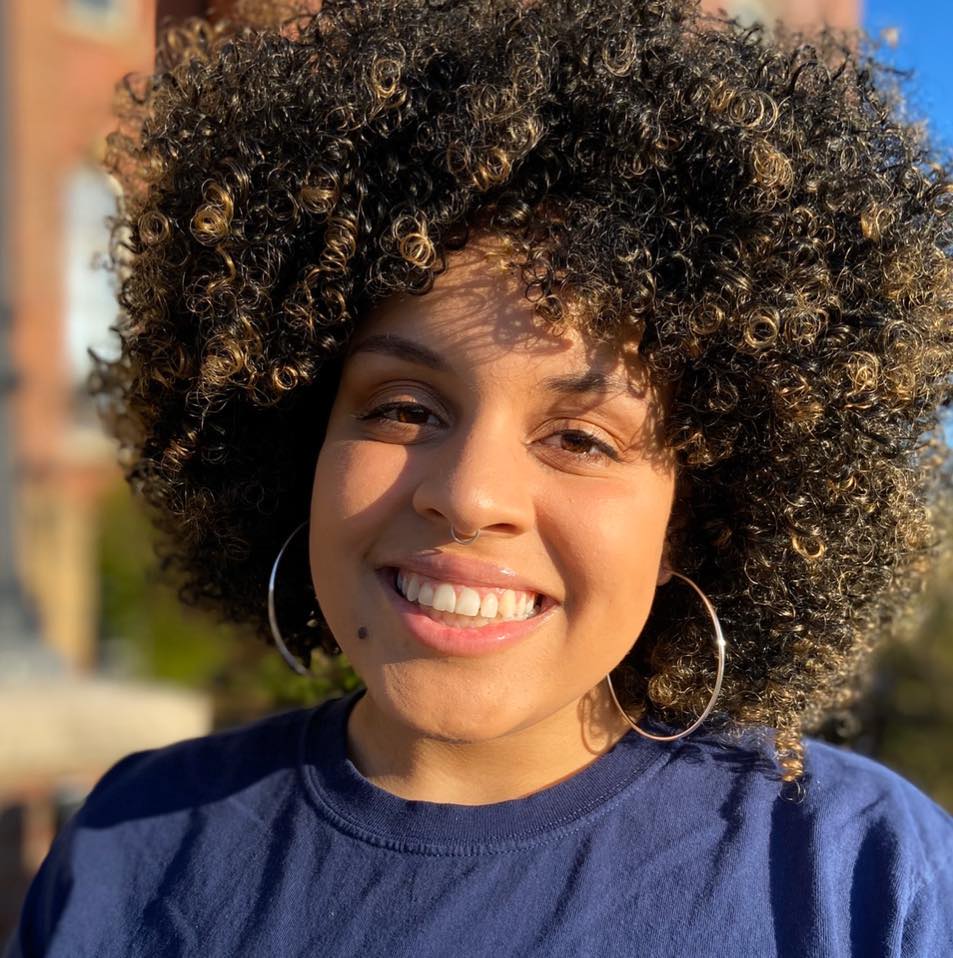|
Too often, lessons of our politics include only the stories of white West Virginians. The whitewashed history of Appalachia has primarily become its legacy, silencing the Black lawmakers that have worked to create a place where Mountaineers are always free. More than two and a half centuries after statehood, Black political power is still subject to the oppressive, white-supremacist structure that serves to erase it. Being Black in Appalachia has been overshadowed by white political narratives and documentaries to which we have all unknowingly accepted. Postbellum Appalachia is more than just what we have perceived through a white lens, and it’s everyone’s responsibility to recognize and explore the substantial Black influence on West Virginian legislation and policy.
As southern West Virginia's Black population grew in the late 1800s, Black individuals began to carry more weight in an overwhelmingly white political system. It wasn’t until 1896 that Christopher Payne, the first Black person to serve in the West Virginia legislature, was elected. From Payne onward, Black lawmakers in West Virginia have advocated for social and racial justice. Payne began West Virginia’s legacy of Black newspapers by establishing three of his own, bringing accessible information to marginalized Black communities. James Ellis, the second Black person elected to the legislature, played a vital role in revising West Virginia’s educational system to increase student success to this day. Unsurprisingly, many of West Virginia’s Black women were political trailblazers as well. In 1928, Minnie Buckingham Harper was appointed to the House, shattering the glass ceiling as the first Black woman to become a member of any legislative body in the United States. Harper’s appointment reflected the growing importance of southern West Virginia’s Black political coalition at the time and surely inspired women to pursue legislative careers nationwide. This included Elizabeth Simpson Drewry, the legislature’s second female Black delegate who introduced several major bills from providing compensation for victims of black lung to amending the state constitution so that women could serve as jurors. The first Black person elected to the Senate was also a woman, Marie Redd, who began to serve only about two decades ago in 1998. Black history and hidden history should not be synonymous; Black history is West Virginia history. The progress made by our Black lawmakers is a groundbreaking element of what the Mountain State is today. Their fight to build a more just society and their spirit of public service alongside racial struggle depicts their true dedication to West Virginia, and their innumerable contributions deserve to be recognized. From Christopher Payne and Minnie Buckingham Harper to Sean Hornbuckle and Danielle Walker, Black Appalachian history continues to be made in front of our very eyes, and it is our job to break down the constructs used to erase Black power as well as to learn and teach about the presence and significance of West Virginia’s Black lawmakers. About the Author: Myya Helm is pursuing a bachelor’s degree in Political Science and International Studies at West Virginia University. Her academic interests lie in racial and multicultural affairs, ranging from Black American politics to Middle Eastern refugee policy. Myya’s past undergraduate research has focused on the prevalence of police misconduct among Black and other minority groups. Her writings on Black history and being a Black West Virginian have been published by the West Virginia University Undergraduate Literary Journal and Black Business Now magazine. She is an intern of West Virginia Delegate Danielle Walker, one of the two Black women in the West Virginia House of Delegates, and more recently worked with Delegate Walker to pass The Crown Act, a bill to ensure protection against the discrimination of race-based hairstyles. Throughout her community, she often presents at events celebrating Black culture and heritage. On campus, Myya works to address racism within the university policing system, is an Anti-Racist and Gender-Inclusive Safe Zone Trainer with WVU’s LGBTQ+ Center, and has served on the Student Government Association’s Diversity and Inclusion Committee as a senator. Myya is also a David L. Boren scholar, a Benjamin A. Gilman scholar, the Vice President of her collegiate NAACP chapter, and the 2017 Youth Queen of the West Virginia Black Heritage Festival.
2 Comments
Terrance Biggs
1/16/2022 12:10:41 pm
I am the host of a podcast. I would like to interview you. Too often, Americans are quick to dismiss West Virginians and stereotype your state as a political monolith.
Reply
4/29/2023 08:38:01 am
We West Virginia legislature, was elected. From Payne onward, Black lawmakers in West Virginia have advocated for social and racial justice. Payne began West Virginia’s legacy of Black newspapers by establishing three of his own, Thank you for taking the time to write a great post!
Reply
Leave a Reply. |
Due to the COVID-19 pandemic, the 2020 West Virginia Black Heritage Festival has been canceled but that doesn't mean we're taking a break! Archives
January 2021
Categories |

 RSS Feed
RSS Feed